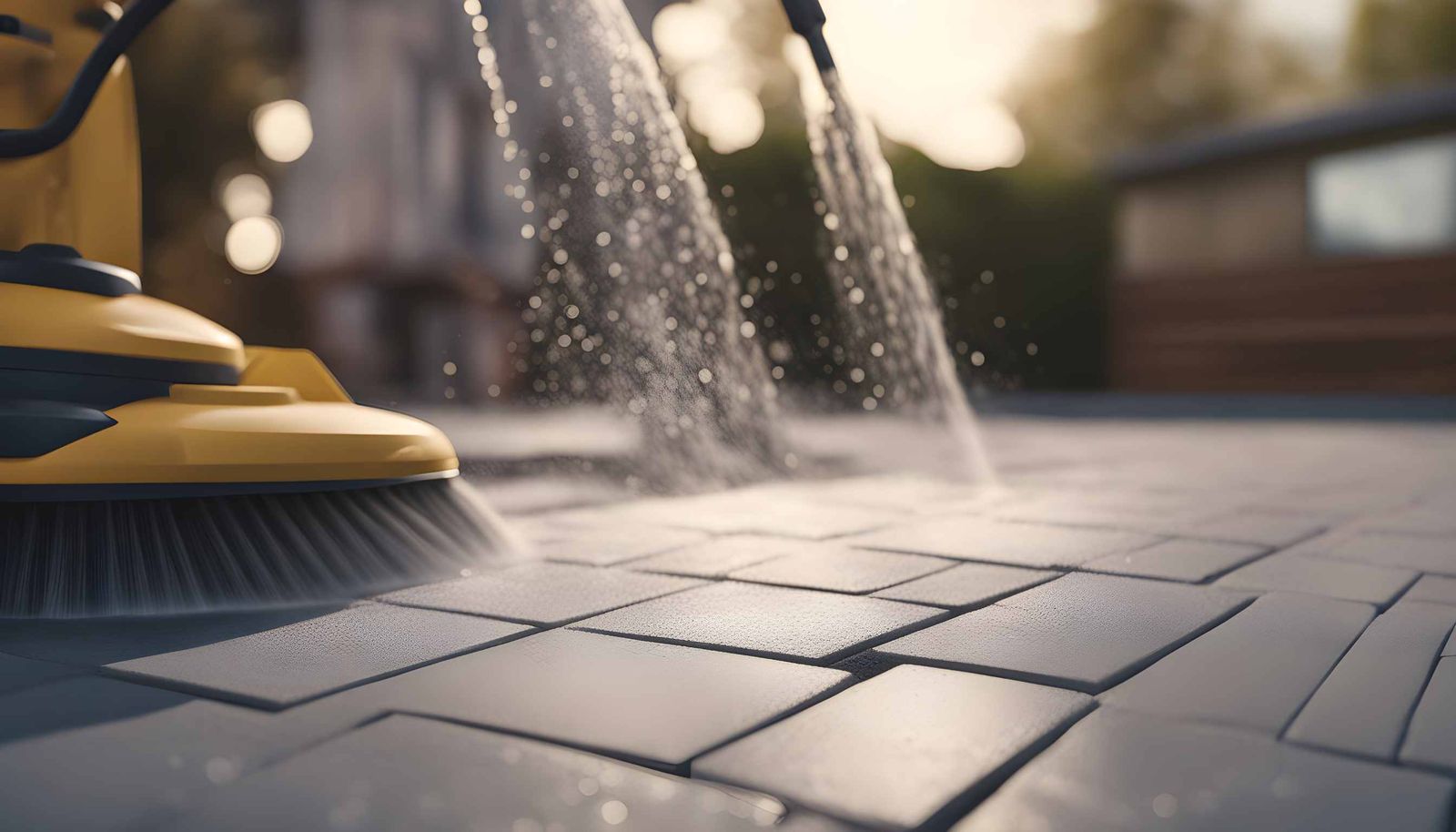Why switch to natural cleaning solutions?
Do you know what’s hiding in your cleaning products? In Australia, only 3.3% of the 10,500 new chemicals that enter the market annually are assessed, which means our cleaning products are often full of unregulated, or otherwise toxic chemicals. These can include ammonia, Perchloroethylene (PERC), sodium hydroxide, triclosan and countless others. All these chemicals could be hiding in the surface sprays, laundry detergents, floor polishes and bathroom cleaners you use every week. And, if they are, you wouldn’t know it. Aside from not being regulated, companies aren’t always obliged to list every chemical. Meaning, it’s near impossible to investigate the safety (and danger) of your daily household cleaners.
This is a worry. As we use a cleaning product, we breathe in fumes, vapours and particles of the chemicals inside. Consistent and long-term exposure to these harmful chemicals and toxins can cause a range of serious health concerns, including asthma, long-term lung damage, skin irritation, poisoning among children and even cancer. Yep, The Environmental Protection Agency considers indoor air pollution as one of the top environmental dangers, and, what’s more, a great deal of this pollution is thanks to common cleaning products.
It can be hard to know which conventional cleaning products are ‘indoor pollutants’. Avoiding any products that have ‘danger’/’toxic’ warning labels (you might be surprised how many that is) is a good start. You can also try and avoid any products whose ingredients you don’t recognise and can’t easily research. But the best way to keep a home clean without toxins and chemicals is to switch to natural cleaning products.
Choosing natural, chemical-free cleaning products
Switching to all-natural cleaning products doesn’t have to be hard. From homemade cleaning solutions to natural cleaning products and eco tools, you can easily transform your house-cleaning regime.
DIY natural cleaning
You probably already own a whole range of household items that double as cleaning products. Baking soda is a great example of a versatile everyday item that can help keep your house clean without the use of chemicals or conventional cleaning products. You can use it to unclog your sink, remove odour from your carpets and even clean your clothes. Vinegar is another household staple you’ve probably got but didn’t know could help you clean. You can mix equal parts vinegar and water for a quick and effective spray cleaner that removes grease and grime. Like vinegar, lemon juice is great for cleaning as it’s acidic nature cuts through grease. Lemon juice can also kill mould and mildew, while helping create a shiny finish.
There are many benefits to using homemade cleaning products. Firstly, you save money, but also you’re protecting your health from those nasty indoor pollutants. All of the above ingredients are ingredients we use in cooking and baking, which just shows how safe they are to breathe in. Making your own products is also great for the environment. Not only are you avoiding sending harsh chemicals down the drain and into waterways, but you’re also reducing packaging waste. You can make and store your homemade cleaning solutions in reusable containers which eliminates the need for single-use plastic bottles.
Natural cleaning products
While homemade cleaning products are a great solution, they’re not for everyone. Some of us lead very busy lives and don’t want to be spending our time making cleaning products. Some of us also like the smell and reassurance of a specially formulated cleaning product. If this is you, don’t worry there are still plenty of options for cleaning your house naturally. Chemical-free cleaning products tend to use essential oils and plant extracts which have proven cleaning, antibacterial and antimicrobial properties. An expert brand in natural cleaning solutions is the Australian brand Koala Eco. This family-owned and run business makes its natural cleaners from high concentrations of essential oils which it extracts from Australian natives. Hero ingredients like tea tree, lemon myrtle, and eucalyptus are used for their antifungal, antibacterial, deodorising and germ-killing abilities. The bonus of using essential oil-based cleaning products is that the aromas have a naturally soothing and uplifting effect. So, not only are they safer to inhale than chemically-fragranced, traditional cleaning products, but they’re also actively better for your mind and mood. When looking for a natural cleaning brand like Koala Eco, you should ensure that they don’t just use natural ingredients but avoid using chemicals like sulphates (SLS, SLES, SCS), triclosan, coco betaine, parabens, phosphates, formaldehyde, chlorine, bleach and petrochemicals. This is what makes a natural cleaning product truly sustainable, hypoallergenic, non-toxic and safe for the whole family and pets.
Castille soap is well known for good reason. Castille soap is a vegetable soap traditionally made from 100 per cent pure olive oil, water, and lye. It’s a naturally vegan soap as it doesn’t have added animal fats like other soaps might. This versatile liquid soap can be used for lots of household cleaning needs. You can find Castille Soap products in health food stores – Dr Bronner’s range is one of the most popular. A new natural cleaning solution is solid bar cleaning products. Solid cleaning bars tend to use a range of plant-based ingredients, without water. From solid laundry bars to dish soaps, solid cleaning products are an easy solution for those wanting to reduce their plastic waste and use natural, eco cleaning products. Ethique is one of the brands to have popularised solid, water-free personal care and cleaning products but there are plenty of brands now making them, including Dr Bronner’s solid Castille Soap bar.
Eco cleaning tools
The last important part of a natural housecleaning routine is natural cleaning tools. The plastic bristles on dish brushes can end up in waterways as microplastics. Recent research has shown that more and more of us are ingesting microplastics. This is dangerous to our health as microplastics can carry a range of contaminants such as trace metals and some potentially harmful organic chemicals. When these chemicals leach from the plastic and enter into our bodies, they can damage our health and even potentially cause cancer. Using a plant-based dish brush is a great alternative. A plant-based dish brush will generally be made from bamboo or wooden handles and plant material like sisal that mimics plastic bristles.
Switching to all-natural and chemical-free cleaning products is the best way to keep your house clean while protecting your health and that of the planet.







